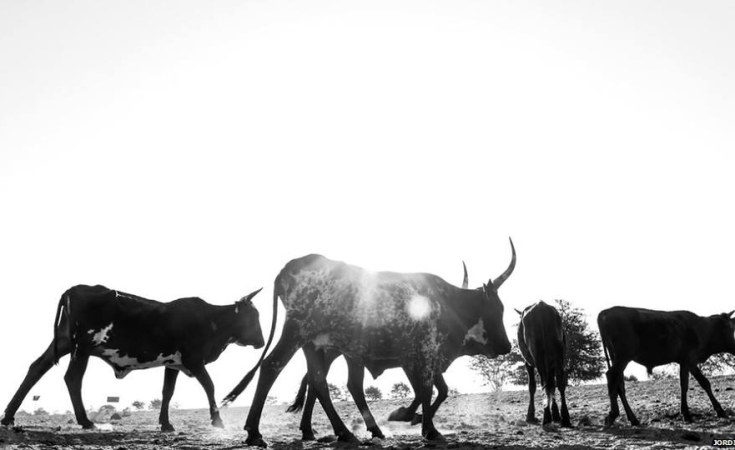Local farmers have been prompted to sell some of their livestock to avoid stock losses due to drought as a result of inconsistent rainfall, and vegetation losses between March to April 2023, according to the Agricultural Bank of Namibia (Agribank).
The total number of cattle marketed increased by 49% to 22,052 in March 2023 compared to 14,848 in the prior month, Agribank said in a monthly market watch report released this week.
"The upsurge is noted across all cattle marketing activities, with a triple-digit growth of 103% to 8,142 observed in live exports," the bank noted.
According to the Meat Board of Namibia, the number of live exports and slaughtered cattle is expected to continue on an upward trajectory, which could further lead to declining livestock prices.
"Farmers are reducing their herd size, conserving resources, and generating income to help offset the costs of managing their livestock during the upcoming dry season," Agribank noted.
Similarly, the number of sheep marketing increased by 91% to 90,380 from 47,397 in the prior month.
The bank said that the upsurge is attributed to live sheep exports to South Africa, which surged 95 percent to 48,700 in March 2023 from 24,970 in the prior month.
On the contrary, the bank said goat marketing continues to decline, slightly reducing to 3,638 in March 2023 from 3,682 in the prior month.
"Goats are drought-resistant animals; they are browsers; thus, they don't depend on grasslands for feeding. We observed a decrease in the price for livestock in line with the increasing supply in March 2023, which inline the demand/supply and price relations," the bank added.
Meanwhile, the bank said the poultry market remains fragile to bird flu outbreaks across the major trading nations.
"During March 2023, Namibia banned the imports of poultry products from Chile and Argentina as a result of a bird flu outbreak. This is an opportunity for local poultry farmers to enhance and intensify local production to make up for losses in international supply," the bank said in the report.
The agriculture sector continues to be affected by various factors such as high input cost and little rainfall, while growth stability can be achieved through early drought support, diversification, and climate resilient measures, the report concluded.


